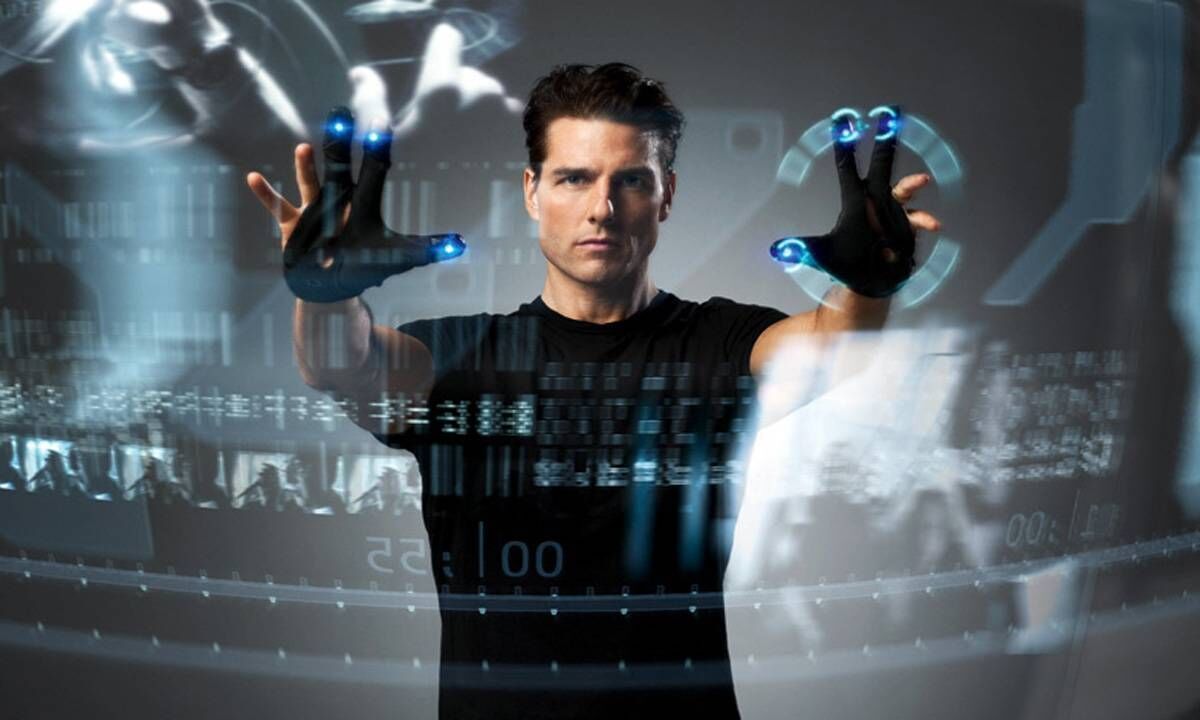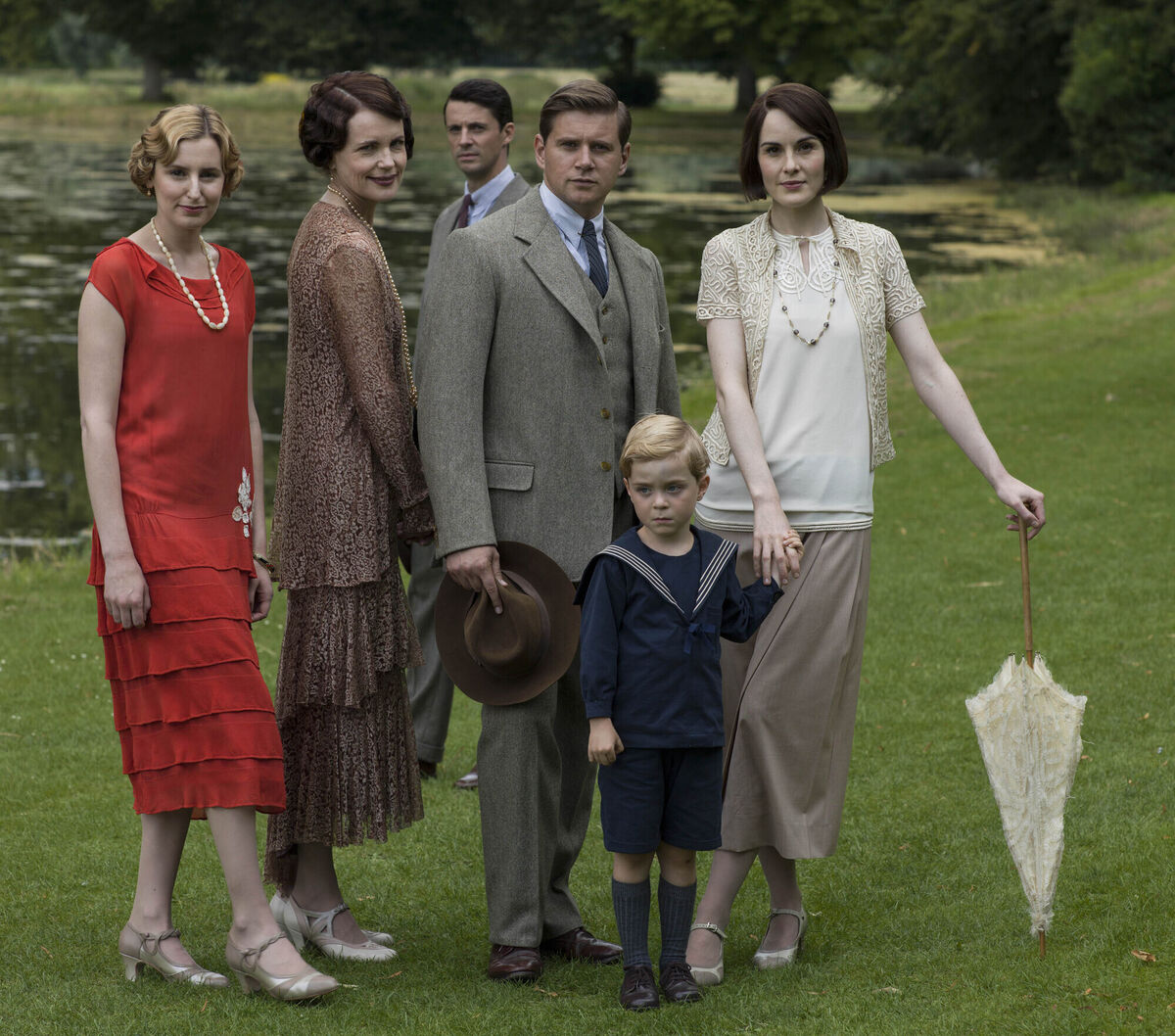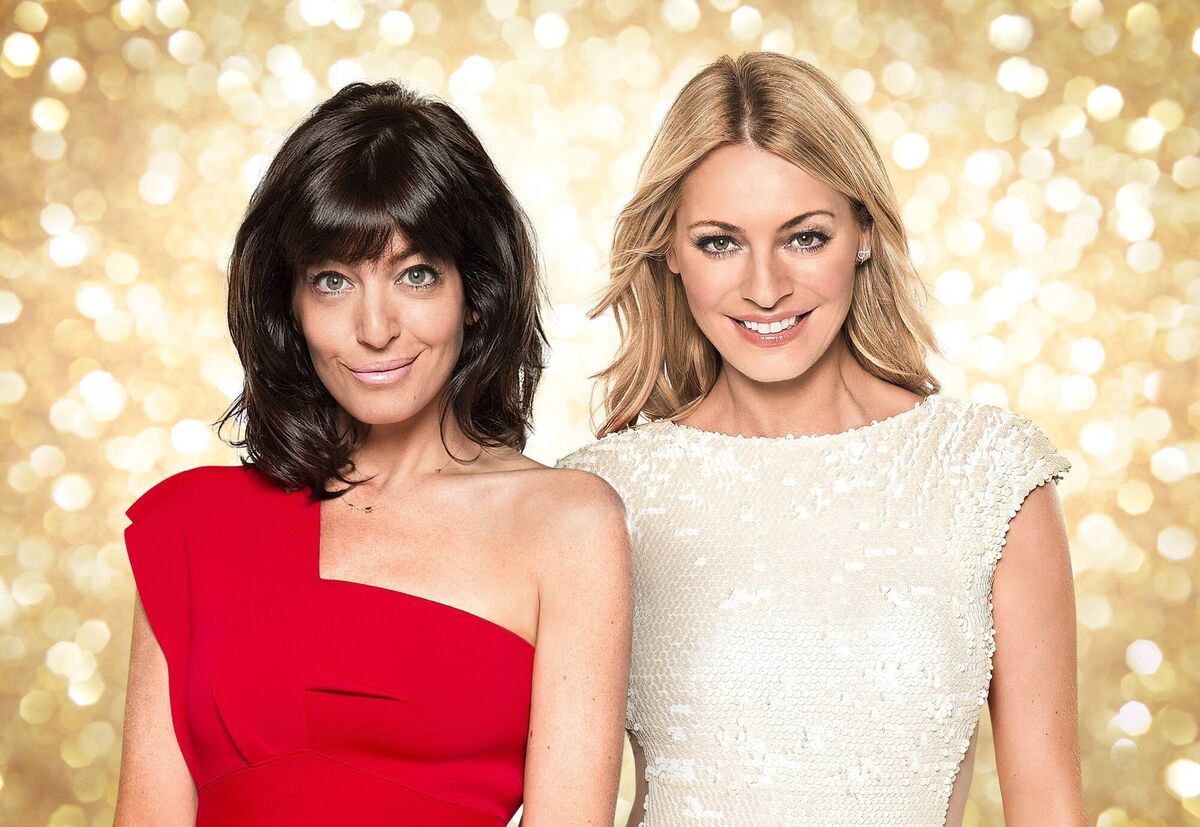Culture That Made Me: Gráinne Seoige on dance music and Minority Report (original) (raw)
Gráinne Seoige, 48, grew up in Spiddal, Co Galway. In 1996, she began her broadcasting career as a news anchor on TG4. She joined TV3 as part of its launch team in 1998. Her work included anchoring coverage of the 9/11 attacks in a marathon seven-hour news session. In 2006, she started work for RTÉ, presenting a variety of documentaries and programmes, including an afternoon chat show, Seoige, alongside her sister Síle. She will present Meanapás: Meon Nua, a documentary on menopause, TG4, Wednesday, 9.30pm. See www.tg4.ie.
I really enjoyed watching Suits. Meghan Markle is in it. It was the role that made her famous. It’s a very witty legal drama. It's a dramedy really — it has a lot of comedy in it, but it's also beautifully made and it just appealed to me at the time I was watching it.
Outlander
Outlander is a cross between sci-fi, romance and history. It's very interesting. A woman goes through time and ends up back in Scotland just before Bonnie Prince Charlie lands. It’s at a time when the English are clamping down on Gaelic culture and the clans. The female lead is Caitriona Balfe who is amazing in it. She's stunning, with that quintessential Irish beauty — the beautiful skin and the dark hair. She's believable and her chemistry with her male counterpart is excellent. She embodies her role, which is a no-nonsense woman from the 1940s who's very independent for her time. She has no problem with living rough and putting her life on the line and speaking out, which wasn’t well regarded in the 1940s or the 1740s.
Minority Report
A film I have no problem rewatching is Minority Report with Tom Cruise. There's something futuristic about it, but it's not so far into the future. The concept is that three people are able to foretell violent crimes. Because they’re able to predict the future, they’re harnessed by a security company that makes money out of them because a police force can go out and uses the clues of their visions to solve crimes before they happen. In doing that, they're taking away people's free will and they’ve monetized something, using three gifted people for their own gain. It's fascinating. It's a morality play. A complex and interesting conversation. What is the greater good here? Why is this permissible?

Tom Cruise in Minority Report
Dance music
I love dance music from the 1990s when I was going out, in my college years in UCG. I still love it. It’s the vibe of the time I loved. It’s why these programmes, which play old dance tunes, are really popular on the radio today, played by the likes of Jenny Greene. It takes people back. It’s evocative. It brings me back to when I was young.
Rhythm and blues
My father always loved music. His music would have been rhythm and blues from the 1960s. We grew up on a lot of that. So if I'm cooking in the kitchen, that's probably what I’ll put on — a playlist of Aretha Franklin with a mix of The Beatles, Elvis and stuff like that.
The Handmaid's Tale
I remember reading Margaret Atwood’s The Handmaid's Tale in college and being transported by it. It’s easy to imagine what she describes happening and it’s frightening. The TV series goes down different pathways, but the premise is the same: where a society becomes incredibly right-wing, where fertility levels are on the decline and women must be managed and husbanded to breed. Any control or any joy or any sense of being anything other than breeding stock is taken away from them. It’s a fascinating series.
Downton Abbey
Downton Abbey is a window into a completely different way of life. The blind adoration of this class system, which was already starting to crumble. The 1920s was a fantastic time in society. Women were getting rights. They were able to cut their hair and wear shorter skirts. Things were starting to pick up pace. The upstairs and the downstairs of the house and how that changed and how people grappled with it. There were characters struggling with their own sexuality and how that might be perceived in the world. They deal with those topics very well. It’s a gentle look at life as it was then. I loved it.

Downton Abbey
Ken Follett
The Pillars of the Earth is the first in Ken Follett’s Kingsbridge Series of historical fiction books. They’re thick, weighty tomes about how feudal society was disappearing. The series really caught me. He paints such a brilliant picture of medieval England, as it’s coming out of the Dark Ages, the transition from Romanesque into Gothic architecture. Also life as it was lived at the time around monasteries and power — how people who were very poor had little control over their destiny except those who could rise above their predicament through sheer intelligence and tenacity.
Claudia Winkleman and Tess Daly
On UK television, they seem to value experience. You'll see experienced women presenters on screen. Take Claudia Winkleman and Tess Daly. Both in their fifties, both at the top of their game, presenting the biggest shows on TV. They’re appreciated because of their experience, their intelligence, their wit and their beauty. They haven’t been phased out because they're in their fifties. They're front and centre. It’s not something we have here yet in this country. It's almost unheard of. It’s something that in my late forties I can look at and say, “That is wonderful and that gives me hope.”

Claudia Winkleman and Tess Daly
SmartLess podcast
I love the podcast SmartLess, hosted by Jason Bateman, the actor from Ozark; and Sean Hayes, who was in Will and Grace; and Will Arnett, a well-known actor from programmes like Blades of Glory. They're very good friends and that means they could be Irish — they slag each other mercilessly. One of them will always know who the guest coming up is and the others won’t. The guest invariably is a famous actor. It’s a wonderful, interesting and usually very entertaining hour of listening to people talk about their career and what's important to them and how they made the moves they made. I love it.
The Belly of the Beast
The Belly of the Beast is a wonderful podcast. This history teacher bought with his wife the house that Ned Broy owned. By living in his house, he feels connected to him and his history. He starts researching him. Ned Broy was a smart guy from Kildare, from a farming background, with ambitions to be an elite athlete. He joined the Dublin Metropolitan Police because they were good at mentoring athletes. When the leaders of the 1916 Rising were killed callously it brought out a nationalist fervour in him. He got swept into the independence movement and began spying on the British from within Dublin Castle. He ended up connecting with Michael Collins and doing incredibly dangerous spy work. It’s a fascinating podcast.